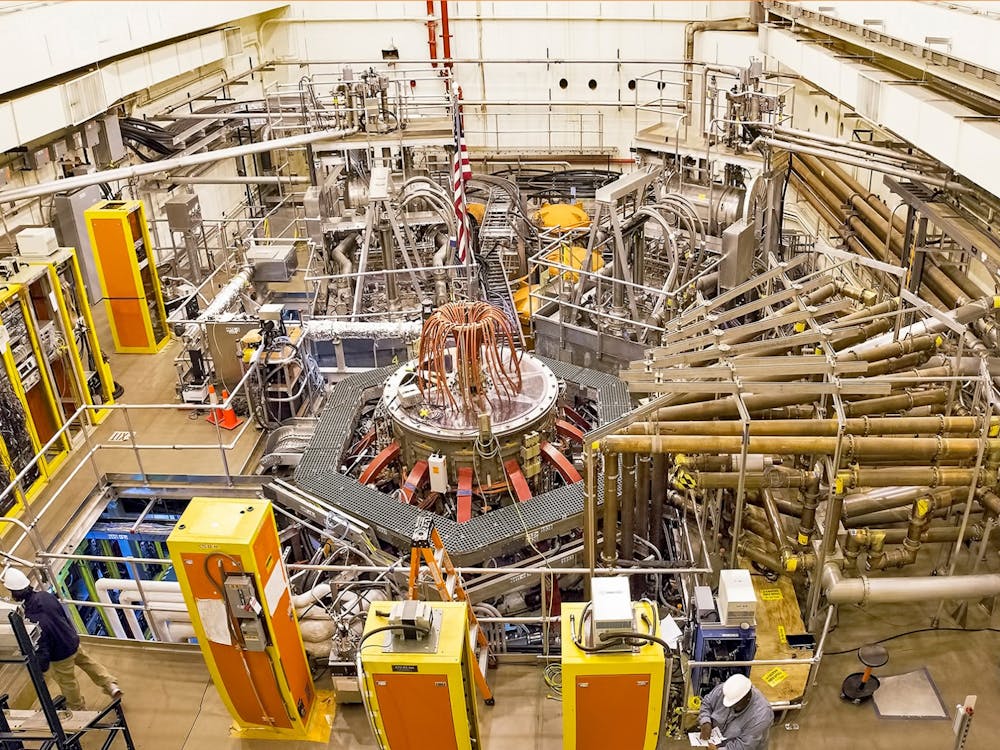Princeton is one of the most selective colleges in the world. That is guaranteed, as there are more students who want to attend than there are spaces at the University. The criteria by which Princeton decides who can be a tiger and who cannot are not set in stone. In this column, part of a three-part series on admissions, I will examine early admission. The subsequent two installments of my series will discuss legacy and athletics.
Just before our winter break, Princeton accepted 770 students to the great class of 2021, representing an early acceptance rate of 15.4 percent. The numbers for regular acceptance will not be known until April, but for the class of 2020, the regular admission rate was just 4.4 percent.
The overall admission rate for Princeton and similarly selective schools is around 6 to 7 percent, but that number is a fairly useless one, since the actual odds of admission depend heavily on whether or not a potential student applies early.
Early admission is designed to select for students who truly are passionate about Princeton. These are the students who are more likely to say yes to a Princeton acceptance, increasing yield rate, which in turn affects the ever-important U.S. News & World Report rankings. In essence, early admission helps find the most dedicated students and maintain Princeton’s spot on top of the rankings.
Of course, this all assumes that a student who does not apply early is not as dedicated to Princeton. This is a problematic assumption. A student may not apply early because they do not receive quality college counseling or because they need to compare financial aid packages. These problems presumably disproportionately affect low-income applicants.
Princeton bills itself as a loan-free university and boasts some of the best financial aid in the country. However, a prospective student may still have to compare aid packages. Perhaps a state school will offer them a full ride, as well as a stipend. Perhaps a different university might give them better campus employment options, and they could send that money back home. There are many reasons why, even with Princeton’s generosity, someone has to examine their financial situation before applying. Early admission makes this significantly more difficult.
A student who wants or needs to compare aid cannot do so if they cannot apply to multiple schools simultaneously. Princeton has single choice early action, meaning a prospective student may not apply early to any private school other than Princeton. This means that the student sacrifices the significant advantage of early acceptance at all other schools.
If a student feels that their finances potentially prohibit them from attending Princeton, then they could be disincentivized from applying early, which significantly reduces their chances of acceptance. Princeton has numerous programs to help low-income students, but those programs are useless if students don’t even apply. Unfortunately, Princeton does not release information of the breakdown of student economic status between regular and early admission, so it is difficult to know for sure what the effects of the policy are.

Princeton’s removing the single-choice component of early action would help, but only if all other schools removed their single-choice requirements as well. Since Princeton cannot force other universities to do any such thing, the only way to remove the bias that early action creates is to remove it completely. Have all students apply on one day, and judge students on their merits, not on their ability to pay.
Beni Snow is a mechanical and aerospace engineering major from Newton Center, Mass. He can be reached at bsnow@princeton.edu.








